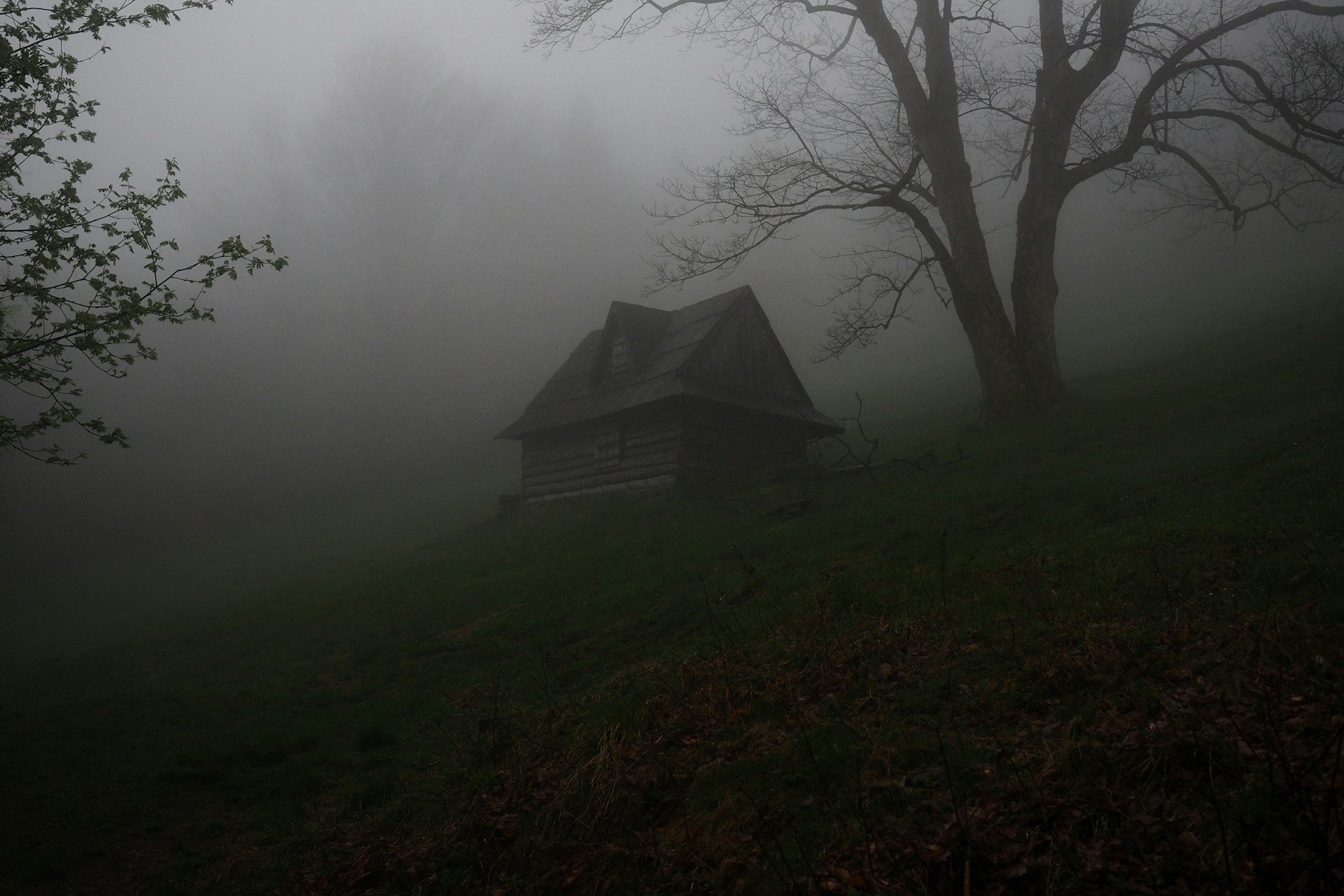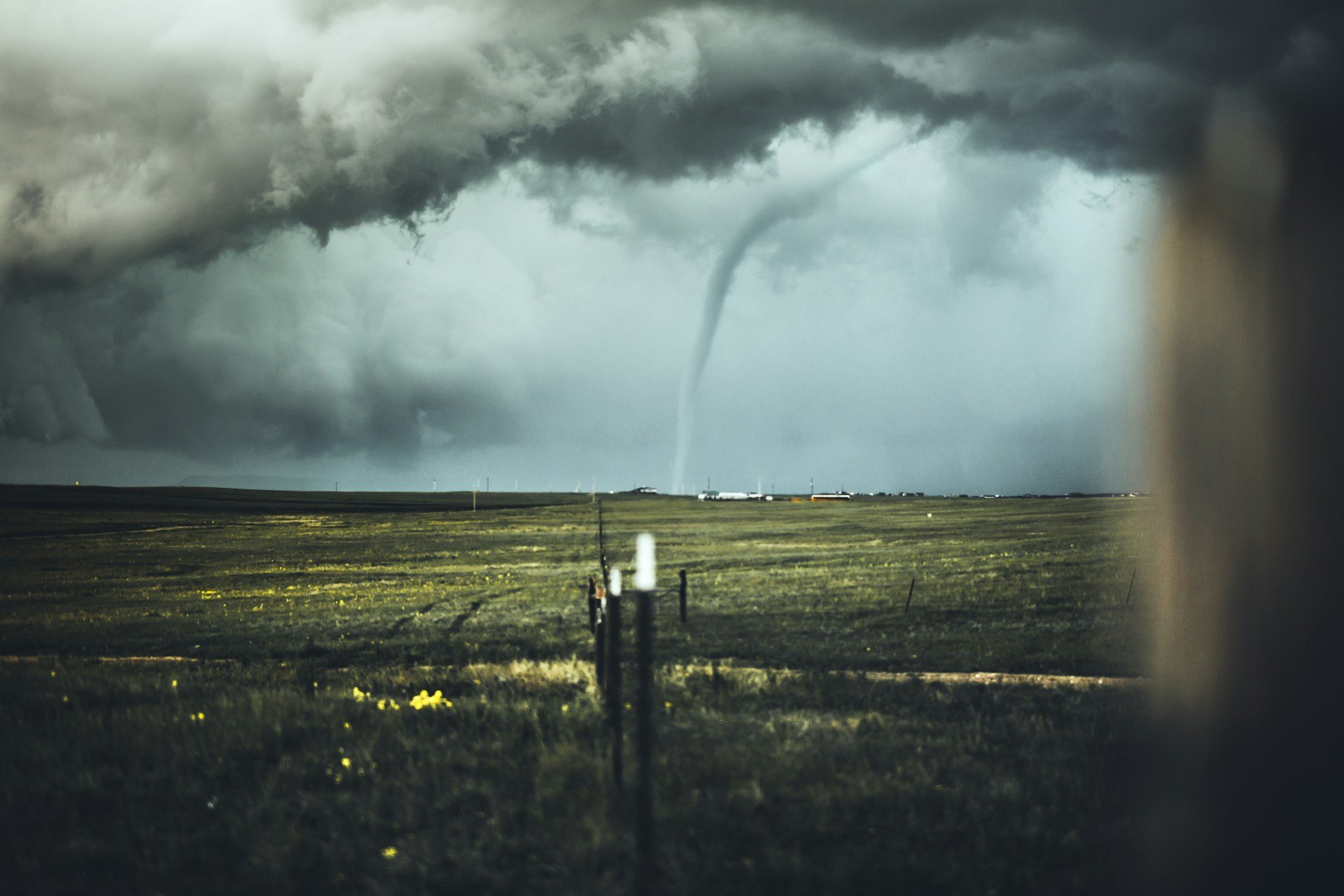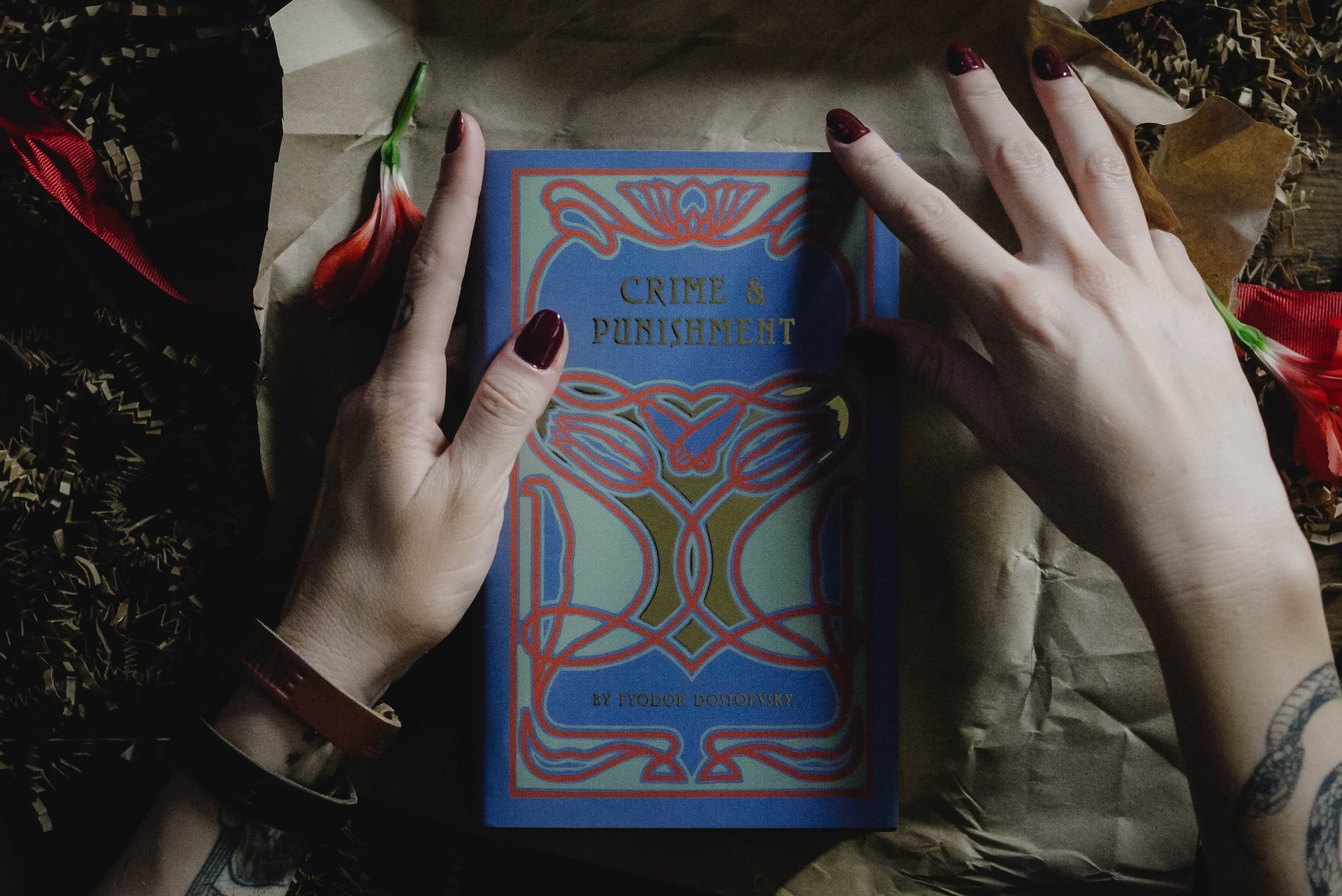
Going Deep: Writing Scenes with Emotional Impact
“If you want to write a fantasy story with Norse gods, sentient robots, and telepathic dinosaurs, you can do just that. Want to throw in a vampire and a lesbian unicorn while you're at it? Go ahead. Nothing's off limits. But the endless possibility of the genre is a trap. It's easy to get distracted by the glittering props available to you and forget what you're supposed to be doing: telling a good story. Don't get me wrong, magic is cool. But a nervous mother singing to her child at night while something moves quietly through the dark outside her house? That's a story. Handled properly, it's more dramatic than any apocalypse or goblin army could ever be.”
― Patrick Rothfuss

All You Need to Know About Backstory
Writers hear a lot about backstory, but if often remains vague, undefined, and maybe something thrown in without any real regard for why it’s necessary other than “to explain the character’s motivations.”
That’s a good reason, but that’s not the only reason to include backstory. And sometimes writers include backstory that isn’t necessary, which just leads to confusion for the reader.

Let’s Talk: Ways to Use Dialogue Effectively, Part II - 3 Types of Dialogue and When to Use Them
Last week, I talked about ways to use dialogue to create deeper meaning in passages, rather than using it as a ping-pong of information between characters.
This week, I’m going to focus on the three types of dialogue, and when to use them.

Let’s Talk: Ways to Use Dialogue Effectively, Part I
“What’s up, fam?”
“How may I serve you, Madam?”
“Why the hell should I know what that bastard wants?”
I’ll bet each line of dialogue put a different picture in your mind of a character who might ask the question – what they look like, their age, their overall personality, their mood, their tone... with no other information, we “see” a character very vividly in our heads.
That is the power of dialogue.

Writing a Novel? Why You’re Not “Just Making Stuff Up”
I’ve seen a meme going around where someone says they saw a review on Amazon that says,
“It felt like the writer was just making stuff up as they went along.”
And then the inevitable “Uh, who’s going to tell them?” Ha, ha.
And it is funny, because, well, we are making stuff up. That’s what fiction writers, anyway, do.
But if a reader feels that way after reading your book, you have a problem.

How to Nail Your Story Premise (and Why it’s Important)
What is your story about?
When someone asks you that question, what do you say?
Often we don’t think consciously about this. We sort of know what our novel is about, but when someone asks, we fumble around.

Showing Character Emotion: The Secret Weapon to Engage Readers
Last week I wrote about 5 Ways to Punch Up Your Prose. Those are things to keep in mind to make your fiction more engaging, like varying sentence structure, using strong verbs, describing with vivid details, and so on. Today I want to focus on something that is a next-level area to keep in mind: showing emotion on the page.

5 Ways to Punch Up Your Prose
Sometimes it pays to go back to the basics. In today’s post I want to tackle five areas to work on that can really help your writing pop on the page. Whether seasoned or just beginning as a writer, these are things to keep in mind that will take your work from “okay” to “engrossing.”

How to Write a Killer Query Letter
Querying a book is both a lot simpler and a lot harder than it may appear. Simple, because there are very specific things you need to include, and there is a very simple outline you can follow to make sure those elements are present. Hard, because holy cow – creating a compelling short synopsis of your book in one or two paragraphs is a major challenge!

How to Create Compelling Pitches and Loglines
When a tornado spirits a girl away to a fantastic land, she must retrieve a broom belonging to a wicked witch in order to learn to secret to returning home again.
An archeologist must battle Nazis to retrieve the Ark of the Covenant before Hitler can use it to achieve world domination.
A boy journeys through a strange land in his dreams and learns to befriend the monsters there before he can appreciate his home and family.
Any of those sound familiar? These are all examples of loglines of famous stories.

Supporting Character Archetypes – What They Are and When to Use Them
What is an archetype? An archetype is, simply, a pattern or model that exemplifies the main characteristics and functions of a particular thing - in our case, the supporting characters in a novel.
Archtypes in literature are patterns that have been built up over centuries - even millenia - of human storytelling. Readers respond to them because they instinctively understand them. They can be powerful patterns for any type of character, including the main hero/ine and villain/antagonist, but today I specifically want to talk about how using them as a model can help writers create stronger, more resonant secondary characters.

12 Steps to Return to a Long-Neglected Writing Project
Last summer I finished a draft of a middle-grade (MG) novel, and sent it out to a few beta readers – people I trust to give good feedback. They delivered, and I did a cursory read-through of their comments. Before I could do a thorough read-through, or start revision in earnest, I decided to move to a different state.

Developing Your Cast of Characters
We tend to talk a lot about our main character – their goals, their flaws, their struggles, and above all, their arc of change – the way they grow and develop as a result of what happens in the plot.
But unless they live alone on a desert island, they will be surrounded by other people.

10 Frequent Problems with Scenes (and How to Fix Them)
Let’s face it, a LOT goes into creating great scenes. Every scene in your novel has to do a lot of work, and it’s easy to get overwhelmed. Below is a checklist of the most common issues I see with writers’ scenes, and some brief suggestions on how to fix them. Each of these could be a blog post in itself (and probably will be) but it gives you a place to start in evaluating any scenes of your that fall flat, drag, or cause confusion in your readers.

3 Things Every Scene Needs to Succeed
Novels (and narrative nonfiction) are made up of scenes. These mimic the larger story structure, with a beginning, middle, and end.
It starts with a question or problem.

The 10 Point Checklist for Novel Revision
This week I have set aside as a writing retreat to finally finish this draft of the Middle Grade Novel That Never Ends.
Honestly, that’s how it’s beginning to feel. I’ve got to get it out to readers soon, because I’ve lost perspective. I’ve been hammering away at it too long. This is a natural part of the writing process, but it is starting to feel like a slog. I wrote in my journal this morning, “I am so done with this novel.” But... it needs a little more work before I can send it off. The beginning, especially, is a mess.

10 Easy Revision Hacks to Make Your Manuscript Shine
As I’m going through my manuscript, even though it’s just the last draft before I send it off to readers, I’m getting nit-picky about the little things. The thing is, the “little things” are the ones that really make the difference between a polished manuscript and one that misses the mark on a lot of levels.

Who Is Your North Star?
I love me some Mel Robbins. I love listening to her podcast, because she gives down-to-earth, no-nonsense advice on how to live your best life.
Of course, the best advice in the world is no good if you don’t apply it, and a recent episode had me thinking: What is the North Star of my writing?
This concept comes from an exercise that Mel’s daughter did in her performing arts program at university. Your North Star is simply the person whose creative journey most inspires your own.

The Next Step for Revision – Create Your As-Is and Revised Story Maps
Once you’ve read through your manuscript and answered all the questions from last week’s post, you need to make a plan for actually doing the revision.
No, it’s not time to start writing yet! At this point, you’ve probably identified a bunch of issues you need to deal with. Questions to be resolved, decisions to be made, scenes to be combined/added/changed/deleted. Characters to be combined or cut. You get the idea.

5 Questions to Ask Before You Start Your Novel Revision
Phase I of revision on my novel is over - the read -through. I've read the whole thing and overall I'm pretty pleased with it (phew!). I've made notes on all the major things that need to be decided/changed/added/removed. Now comes the hard part: actually making those decisions and beginning to implement them.
